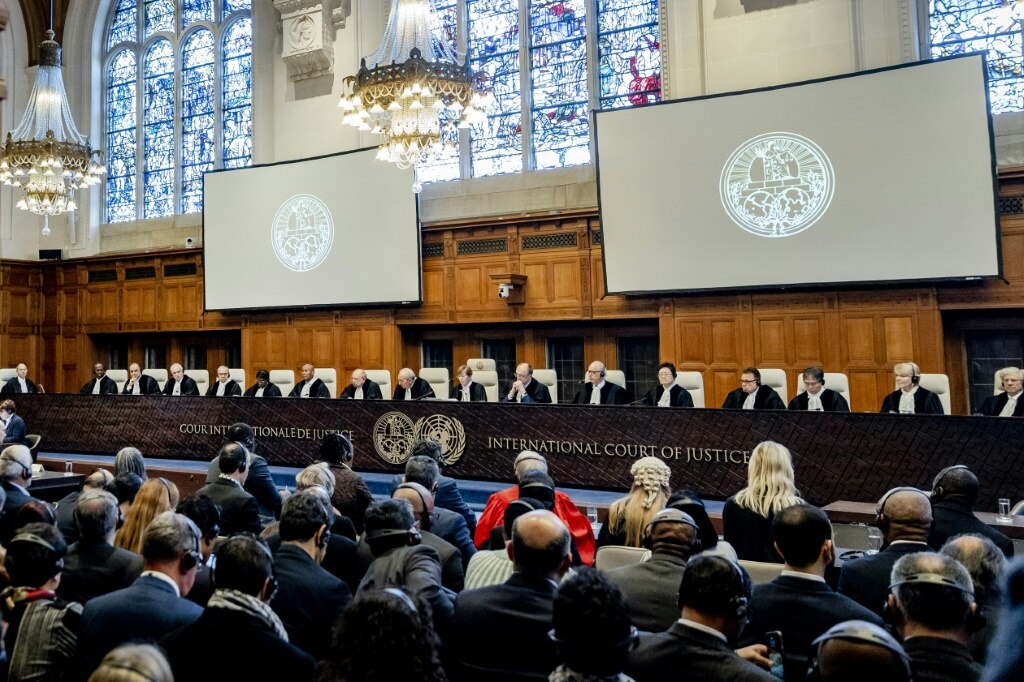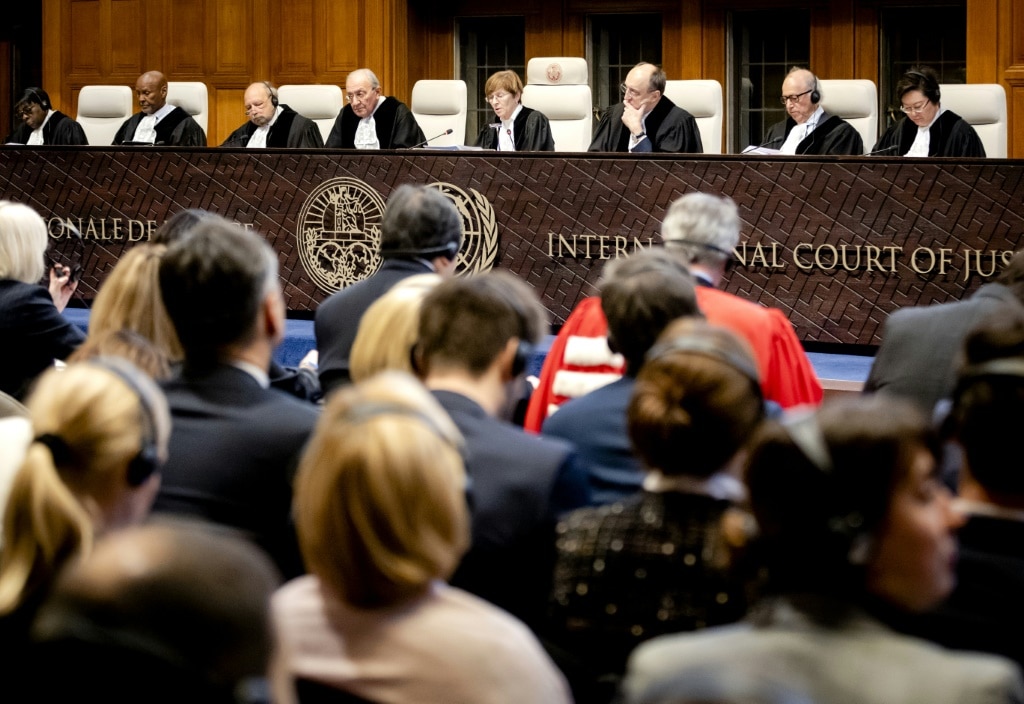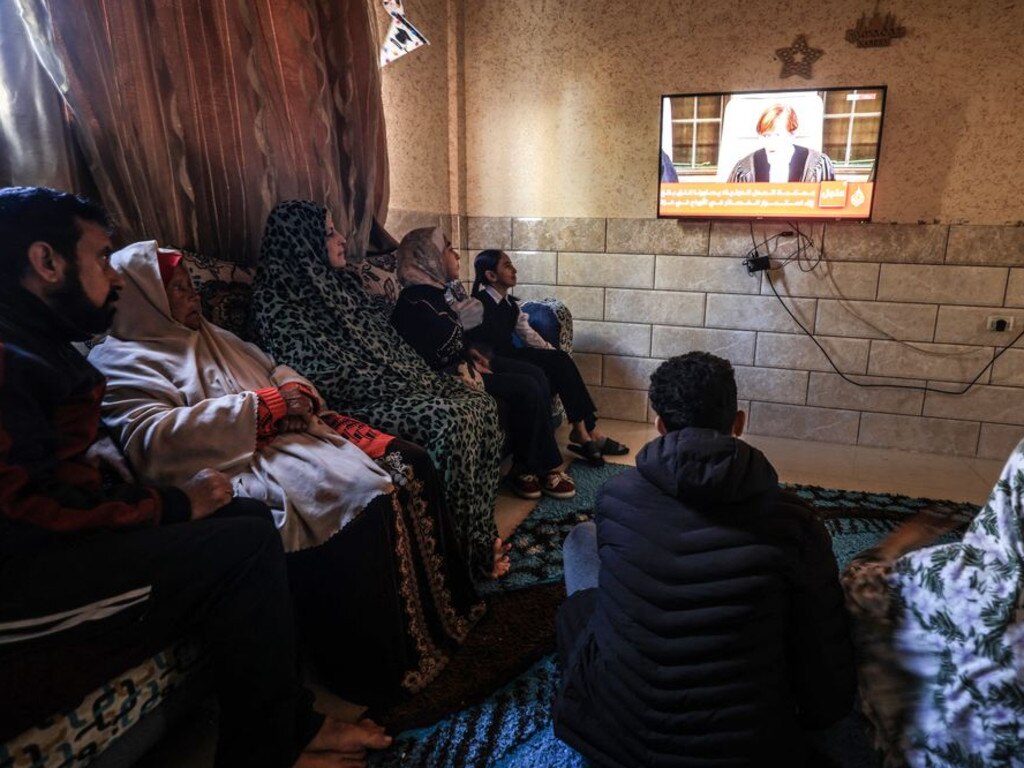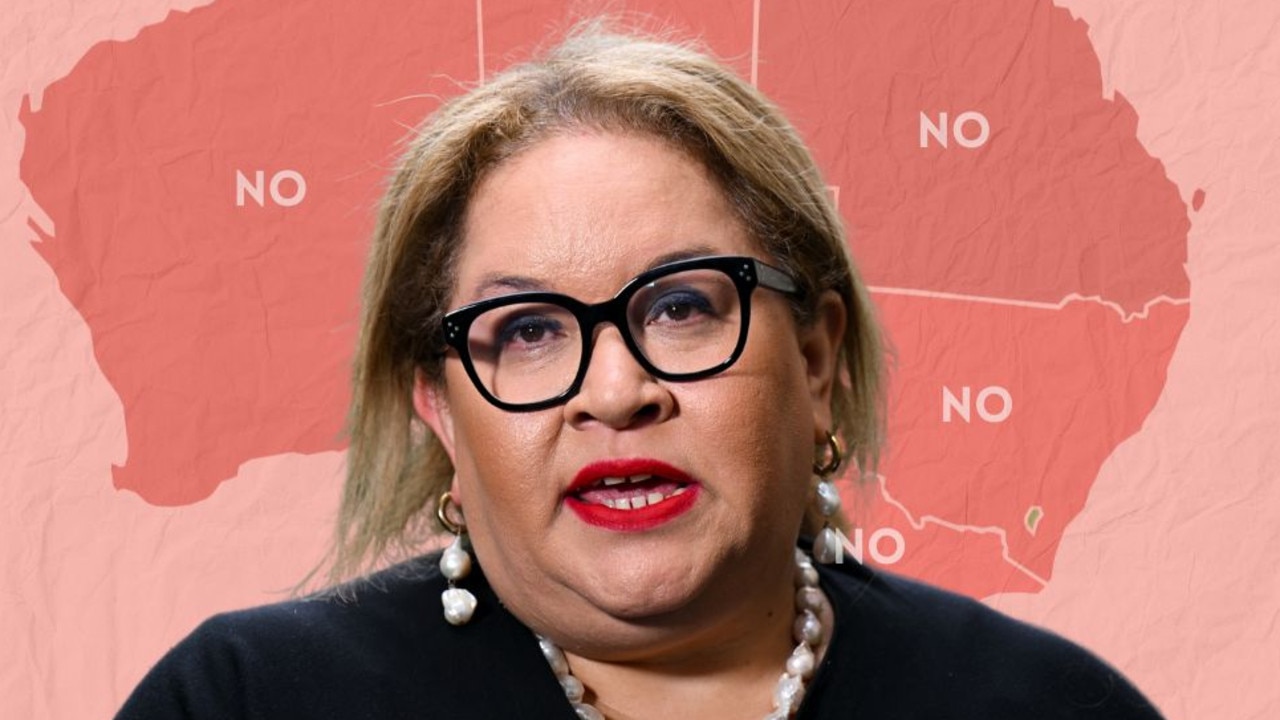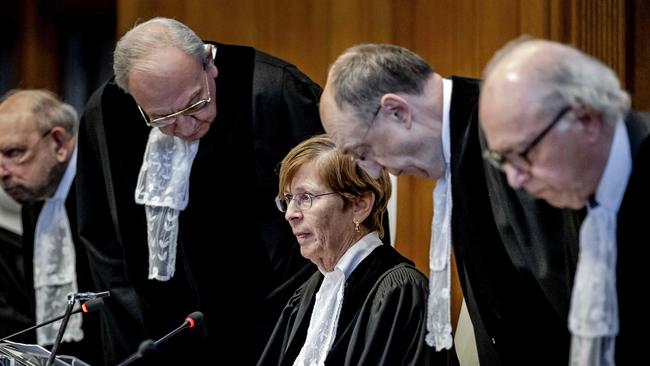
Earlier this year the International Court of Justice published legally binding provisional orders calling on Israel to prevent genocidal acts.
Although some press reports led with headlines saying the court had rejected South Africa’s call for an immediate ceasefire, its Foreign Ministry hailed the order as “a decisive victory for the international rule of law”, as the court “has determined that Israel’s actions in Gaza are plausibly genocidal and has indicated provisional measures on that basis”.
Law and politics are more intimately intertwined in world affairs than in national courts. The 15 ICJ judges from as many countries are meant to represent the UN’s main regional groupings and the world’s principal legal systems.
Candidates are nominated by their countries and must secure the backing of their regional grouping to enhance the chances of success, both of which immediately infuse the process with political calculations.
The quality of legal training and acuity, and the distance or proximity of judges from their respective national governments, are variable.
The court’s orders on Israel are imbalanced in their impact on the principal belligerents. Hamas, the belligerent that initiated this war with a marauding series of attacks on Israel of particularly repellent savagery, was not even a party in the proceedings. Responding with suppressed fury to a patronising comment from Denmark’s ambassador to the US, Jesper Vahr, in December 2014, Caroline Glick of The Jerusalem Post said: “This is not a double standard. This is a singular standard for Israel.” In 2013, army chief General David Morrison told Australian soldiers: “The standard you walk past is the standard you accept”. The ICJ judges could be said to be holding Israel to a singular standard while they walk past with eyes averted to Hamas standards of behaviour.
Crucially, the legal definition of genocide stipulates that the acts must be committed with the “intent to destroy, in whole or in part, a national, ethnical, racial or religious group”. Hamas’s charter, deeds and repeated promise prove the intention to genocide against Israel and Jews, and its actions demonstrate contempt for civilian life on either side of the border. South Africa failed to demonstrate that the acts allegedly committed by Israel were done with the necessary genocidal intent.
To the contrary, Israel had provided ample evidence of many measures taken to minimise civilian casualties and suffering. I am yet to see anyone postulate that Hamas and associated fighters are subject to any comparable normative restraints, as the world saw only too graphically on 10/7.
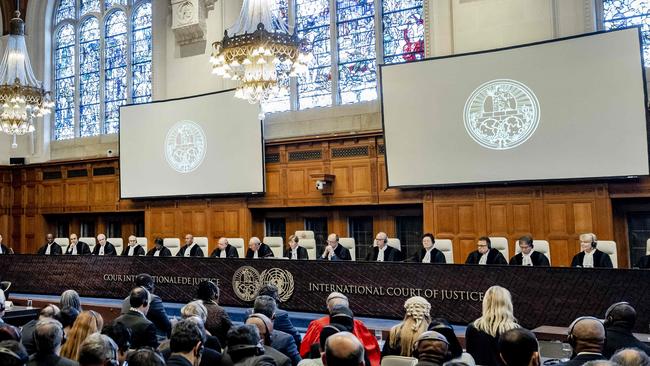
It is disingenuous of the ICJ to cite the extraordinarily high civilian casualties as the grounds for directing Israel to prevent genocidal acts. The court seems simply to have disregarded the fact that the civilian toll in Gaza has been so high because of the deliberate use of civilians by Hamas as human shields. And the test of proportionality in military operations should not be made in relation to absolute numbers but to the military objectives.
Applying a diluted standard of the Genocide Convention instead of international humanitarian law will only serve to contaminate the meaning of genocide, undermine the integrity of the convention and invite all terrorist groups and insurgency movements to mimic Hamas’s tactics of provoking military retaliation against human and material targets embedded deep among civilian populations and infrastructure, and complicate all legitimate wars of self-defence against armed attack.
The court has fallen victim to judicial romanticism, whereby lawfare is waged by social justice and environmental activists in the naive belief that courts are the best venue for resolving disputes that are fundamentally political, social and economic.
The heart of the Israeli-Palestinian dispute is not a legal one “susceptible of judicial settlement by the court”, noted dissenting Ugandan judge Julia Sebutinde. The core issues that sustain the conflict include Israel’s right to exist, the Israeli occupation of land conquered in wars, the fate of Palestinian refugees, of Jewish settlements in occupied West Bank, the status of Jerusalem and a state of Palestine. Not surprisingly, the most credible attempts at peace in the Middle East have generally been a result of political negotiations and not judicial recourse, for example with the Oslo and Camp David accords in 1993 and 2000.
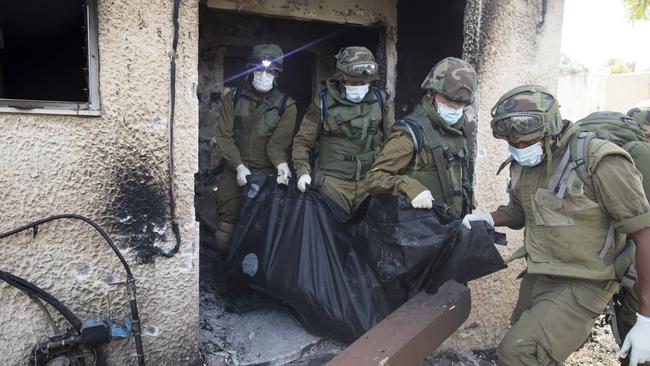
Israel is engaged in an existential war against an enemy that is committed to exterminating it, and expelling all Jews from the region. October 7 was a stark demonstration of the will to commit genocide and commit mass rapes as a weapon of war. Hamas spokesmen have insisted the attacks will be repeated “again and again” until the twin goals are achieved.
Yet the world court wants to hold Israel to the singular standard of the Genocide Convention, Gulliverise its campaign to destroy Hamas as a fighting, terrorist and political force and then deradicalise Gaza in order to contain the threat of another genocide.
To be sure, the court also called for the “immediate and unconditional release” of all hostages. Even so, the demand on Israel to go easy, lest too many civilians are harmed, is not made contingent on the hostages’ release. Ending the war before the decisive defeat of Hamas rule in Gaza would expose Israel to serial repetitions of October 7. No legitimate state can tolerate this and nor should it be pressured to do so. This is a political-cum-military strategic policy decision, not a judicial ruling.
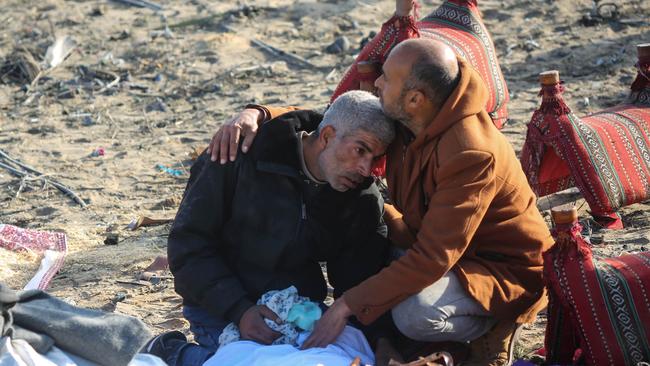
Remember how Cardinal George Pell was convicted in one court and the verdict upheld in a 2-1 split decision by the Victoria Court of Appeal but unanimously overturned by the High Court? The ICJ is both the first and the final court in international disputes. There is neither a legal appeal from its judgment nor any political check on it, no opportunity to reverse the provisional miscarriage of justice.
The 15 majority judges have contributed to normalising the Hamas standard of mass atrocities, encouraged future bad-faith abuses of international judicial processes by politically motivated governments and provisionally stigmatised Israel’s anti-Hamas operations in Gaza. Should the court return a final verdict of not guilty after years of litigation, it will be too late to repair the damage to Israel’s international reputation.
Ramesh Thakur is emeritus professor at the ANU. He was chair of the United Nations university’s appointment committee from 1998 to 2007.
More Coverage
Read related topics:Israel


